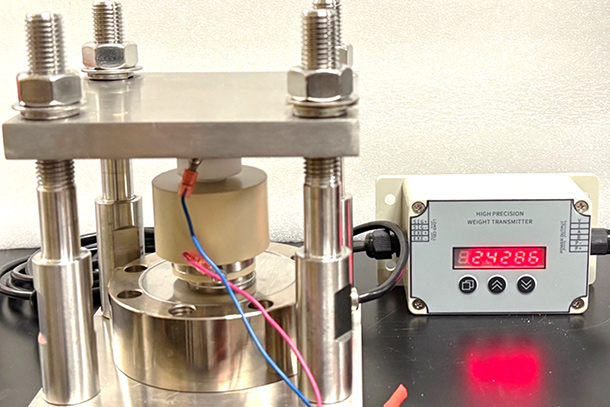Trade Association Highlights Current & Future Domestic Trade Policies in Wake of COVID-19
Trade Association Highlights Current & Future Domestic Trade Policies in Wake of COVID-19
The COVID-19 crisis has undoubtedly changed the way we buy, sell, and trade. Many countries have implemented nationalistic polices that aim to keep goods—such as personal protective equipment (PPE) and ventilators—within their borders. In a recent webinar, the Washington International Trade Association discussed the Defense Production Act (DPA) of 1950 and the Buy American Act (BAA) of 1933, and their impact on the United States and its trading partners. The webinar’s expert panelists explored how trade policymakers can adapt to this uncertain climate through meaningful initiatives.
Wendy Cutler, Vice President and Managing Director of the Asia Society Policy Institute, set the stage by briefly explaining the DPA and BAA. Both acts aim to maintain and enhance a strong domestic industrial base. The DPA is intended for temporary implementation and has been used throughout many sectors, while the BAA may be implemented indefinitely and applies mainly to the trade sector. In addition, the DPA focuses on export restrictions while the BAA seeks to restrict imports and make them less competitive than American goods. Both acts give broad authority to mobilize domestic industry in support of national defense.
On March 27, 2020, President Trump temporarily waived the requirement of Congressional approval for Department of Defense projects above $50 million; on April 3, the Trump administration directed FEMA to require domestic use of some PPE (including masks) and ventilators; and on April 10, the Pentagon was approved to spend $133 million for the production of N95 masks by three U.S. companies. 3M, Honeywell, and Owens & Minor Inc. are contracted to produce 13 million masks per month to be distributed to U.S. medical workers.
Even before the COVID-19 crisis, the Trump administration was focused on domestic production. Clete Willems, Partner at Akin Gump Strauss Hauer & Feld LLP—an international lobbying and law firm—contextualized the U.S.-China trade war and U.S. concerns over supply-chain dependence. Scott Paul, President of the Alliance for American Manufacturing, echoed Willems’s point; according to Paul, there is “no disputing” that for some critical pharmaceutical ingredients, parts, and supplies, the U.S. is entirely overdependent on China and other countries. In Paul’s view, the COVID-19 crisis has revealed the fragility of supply chains when one or more major producer is impacted.
It is thus logical to see some domestic preferences enacted as a response to a supply-chain crisis, especially related to medical equipment. It is also important to remember that many countries were already concerned over trade relations before COVID-19.
To this end, panelists emphasized that future domestic policies need to revisit the U.S.-China trade relationship, put emphasis on regionalization of manufacturing, and allow for stockpiles to be readily available in case of production disruptions. Paul advocated for the U.S. to restore its capacity for manufacturing PPE and other medical equipment, with the aim of becoming a donor country. Willems noted that the U.S. government should play more of a role in identifying areas of technology to increase its competitiveness. To further this need, tax incentives could be one tool of pushing U.S. manufacturers to develop these technologies domestically.
To watch the Washington International Trade Association webinar, visit https://asiasociety.org/policy-institute/wita-webinar-covid-19-trade-defense-production-act-and-buy-american-provisions



